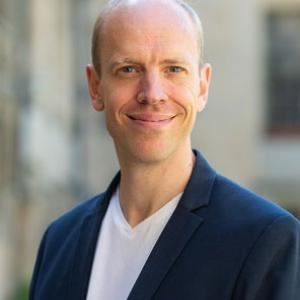Rethinking refuge
In the context of various refugee crises including the European context, the Refugee Studies Centre is conducting this Centre-wide project called ‘Rethinking Refuge’. The project aims to involve scholars both from the RSC and elsewhere, as well as policy-makers and practitioners, in a debate on the reform of the global refugee regime and the role refugee studies can play within it. In doing so, we aim to bridge the gap between scholarly research and policy-making and contribute both to scholarly discourse and policy-practice. In this interdisciplinary project, RSC members study the question of how to rethink refuge from various angles, including politics, international relations, normative political theory, law, history, and anthropology. The goal of this project is to develop a research agenda to meaningfully engage with the challenges of forced displacement in the 21st century.
In its first phase the project will identify key questions linked to the rethinking of refuge and refugee protection. These cover particularly, but not exclusively, questions of how the global and regional refugee regimes are to be reformed to respond to current needs of forced migrants. In this context, the project studies avenues for a fair distribution of refugees both globally and regionally, and asks how a reform of the global refugee regime can be effectively implemented, given widespread non-compliance with the current regime. Other components of the project reflect on: the distinction of situational and embodied vulnerability of forced migrants as well as their often neglected capacities; the role played by socio-political dynamics at the domestic level in the openness or restrictiveness of states towards forced migrants; and the potential of taking a participatory rather than a ‘top-down’ approach towards refugee protection.
To cover a variety of different perspectives on how to rethink refugee studies and benefiting from the opportunities that such an interdisciplinary project provides, we will use a variety of research designs and methodologies to answer these questions. Finally, the project will develop recommendations to be fed into policy-making processes at the global, regional and local level.

